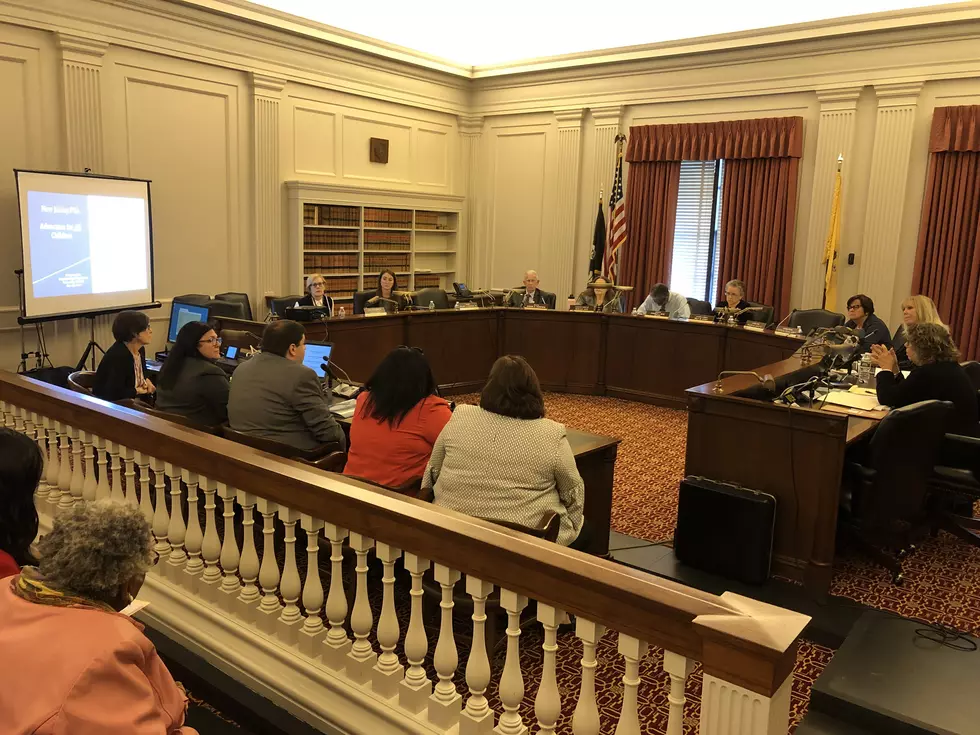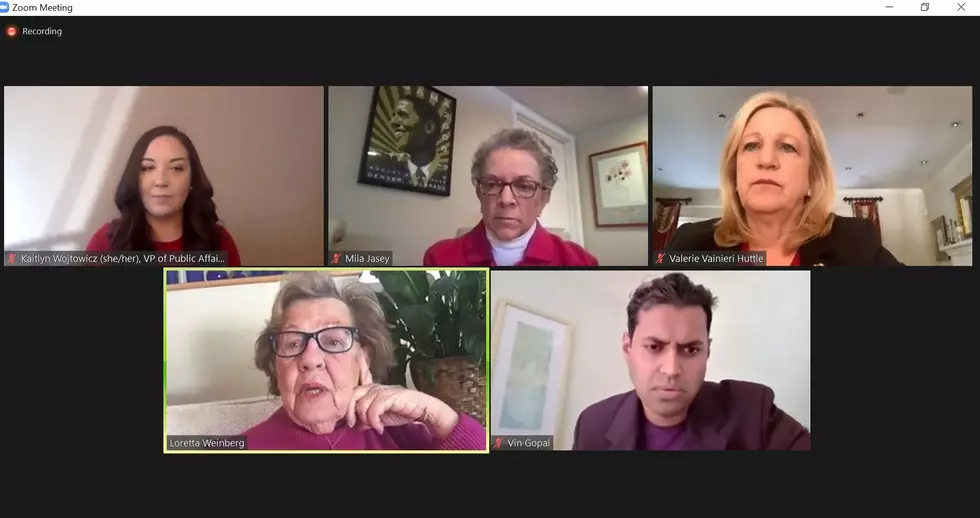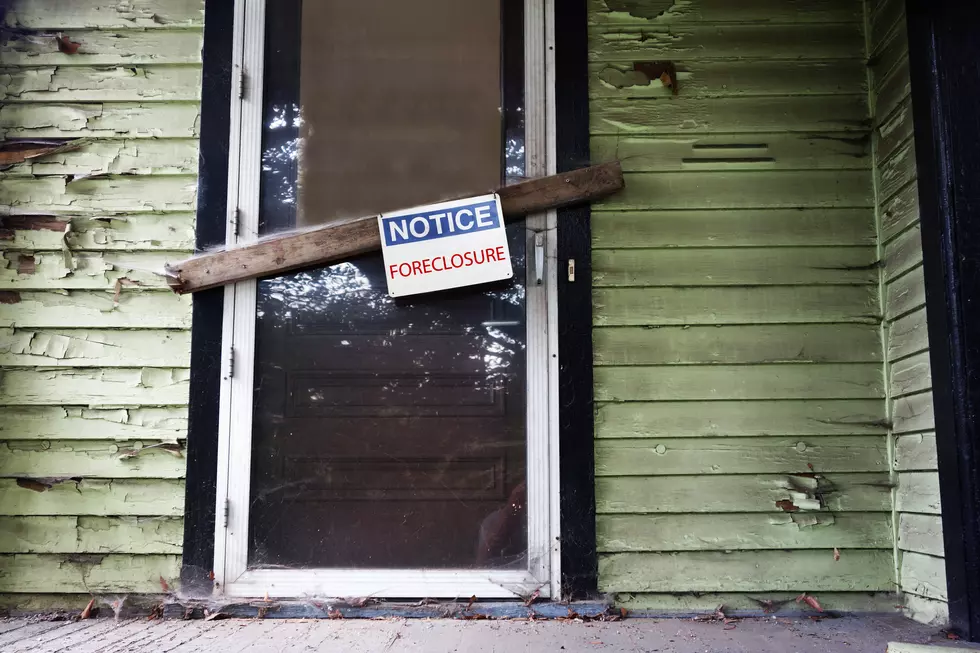
NJ looks to boost — even mandate — parent involvement in schools
Involvement by parents and guardians in their child’s school can lead to better educational outcomes, New Jersey lawmakers were told Tuesday at a hearing that explored ways the state could help make that happen – maybe even by requiring it.
The Joint Committee on the Public Schools heard testimony at a wide-ranging hearing that lasted over two hours.
“Giving voice to parents is very, very important, and I think that it’s always important for us to hear from parents and to understand what’s happening in the classroom from their point of view,” said Assemblywoman Mila Jasey, D-Essex, the committee’s co-chairwoman.
Kaleena Berryman, executive director of the Abbott Leadership Institute at Rutgers University-Newark, said the state should develop a task force to define meaningful parent engagement and develop legislation that requires, or at least encourages, schools to build the capacity of parents to get involved.
“These could include involving parents in the development of training to improve teaching and learning. Covering costs for transportation and child care for parents to attend meetings,” Berryman said, along with other training priorities and scheduling school meetings at a variety of times of day.
State Sen. Ron Rice, D-Essex, the committee’s co-chairman, said the Legislature should focus on parents as much as schools.
“We need to find out legislatively how to mandate parents’ involvement, whether they want to be there or not,” Rice said.
“Maybe what we should do is take these subsidies checks and figure out what schools the parents go to and have them pick the subsidy check up at the school, and before they actually get the check they have to go through the school and talk to people,” he said, eliciting an “Oh, my” from Berryman.
“It sounds radical, but sometimes you have to be radical to wake up parents,” he said. “Particularly young parents today, they just don’t get it.”
Rebevah Novemsky, a family support liaison for the New Jersey Council on Developmental Disabilities, urged lawmakers not to forget special education as they focus on parental involvement. She said the state can strengthen Special Education Parent Advisory Councils and ensure better cooperation around transition plans for students who will need services as adults.
“Real planning needs to involve the student, the student’s family. There needs to be visioning for the life course, not just write in the plan they’re going to go to college or they’re going to get a job. It needs to be comprehensive,” Novemsky said.
Novemsky also encouraged lawmakers to require schools to make sure all students with disabilities are full participants in school emergency planning, including evacuations and drills.
Officials from the New Jersey PTA also testified at the hearing, saying the group’s advocacy role goes beyond the bake sales, book fairs and holiday shops the organization’s local groups are known for.
The New Jersey PTA has over 115,000 members and received a grant from the National PTA in June to look for ways to transform family engagement practices in the state. President Cathy Lindenbaum said engagement is the preferred term, rather than involvement.
“With involvement, schools tend to lead with their mouth, generally telling parents what they should be doing. Engagement, on the other hand, has schools leading with their ear,” Lindenbaum said.
More From WOBM News:
More From 92.7 WOBM










